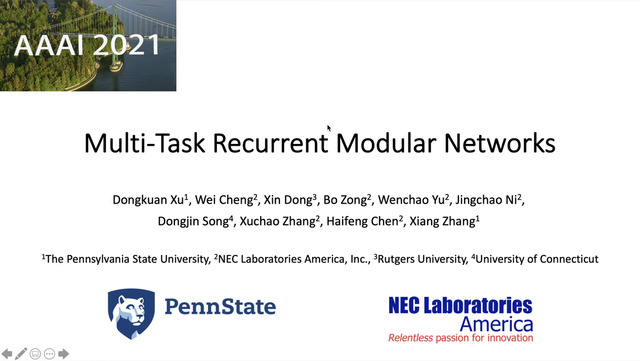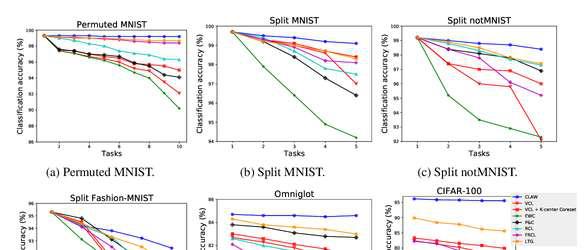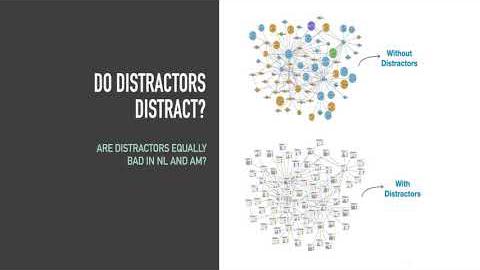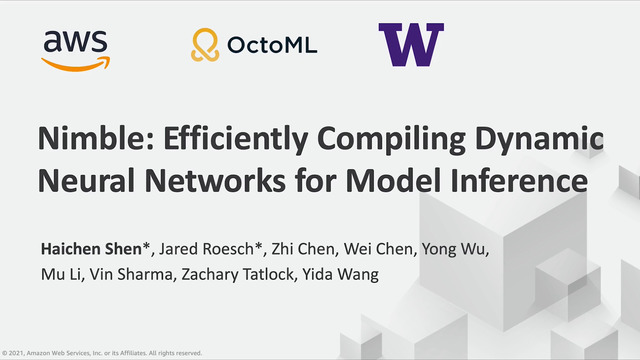Abstract:
Modern society is heavily dependent on large scale client-server systems with applications ranging from Internet and Communication Services to sophisticated logistics and deployment of goods. To maintain and improve such a system, a careful study of client and server dynamics is needed – e.g. response/service times, aver-age number of clients at given times, etc. To this end, one traditionally relies, within the queuing theory formalism,on parametric analysis and explicit distribution forms.However, parametric forms limit the model’s expressiveness and could struggle on extensively large datasets. We propose a novel data-driven approach towards queuing systems: the Deep Generative Service Times. Our methodology delivers a flexible and scalable model for service and response times. We leverage the representation capabilities of Recurrent Marked Point Processes for the temporal dynamics of clients, as well as Wasserstein Generative Adversarial Network techniques, to learn deep generative models which are able to represent complex conditional service time distributions. We provide extensive experimental analysis on both empirical and synthetic datasets, showing the effectiveness of the proposed models










































